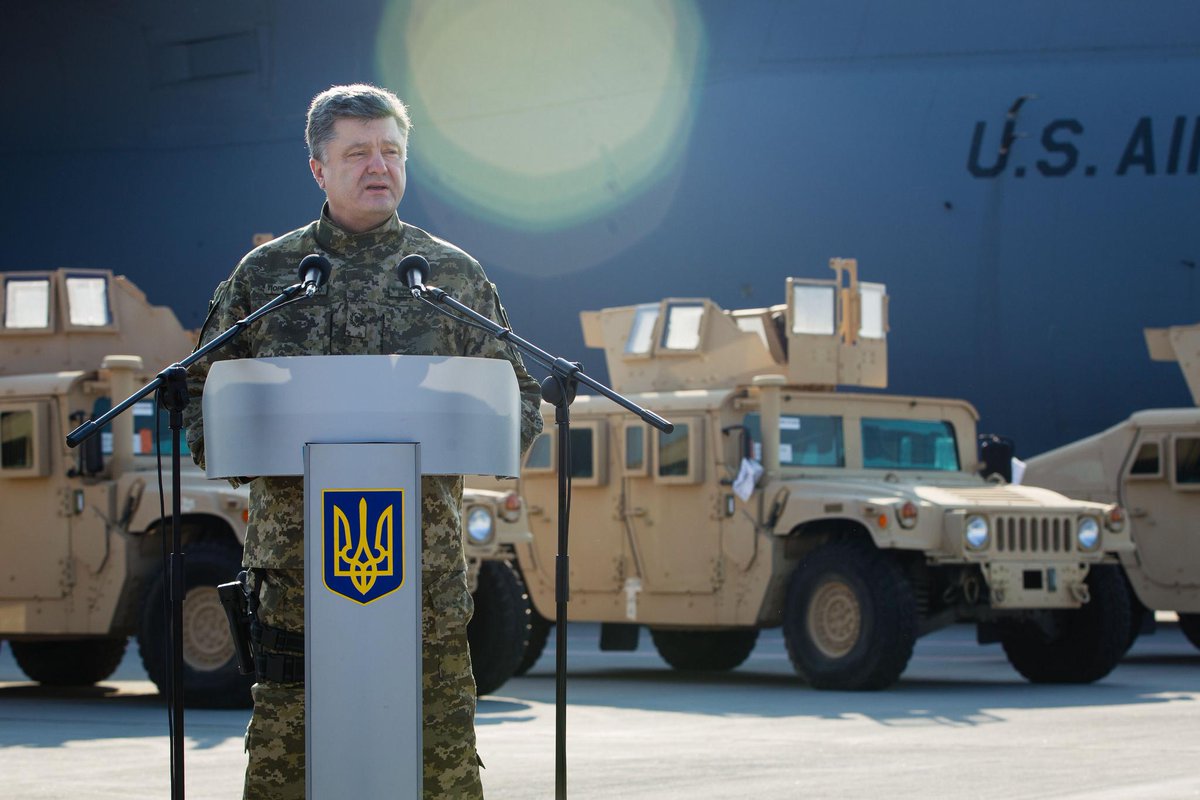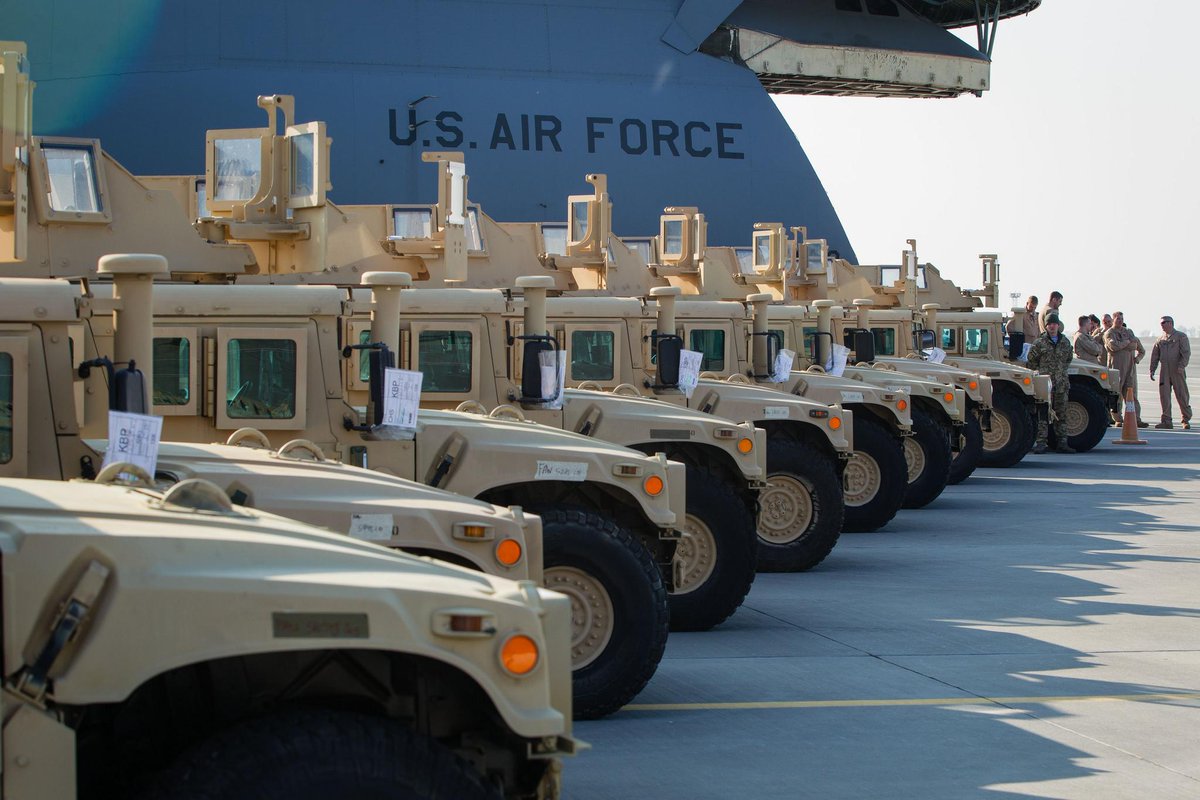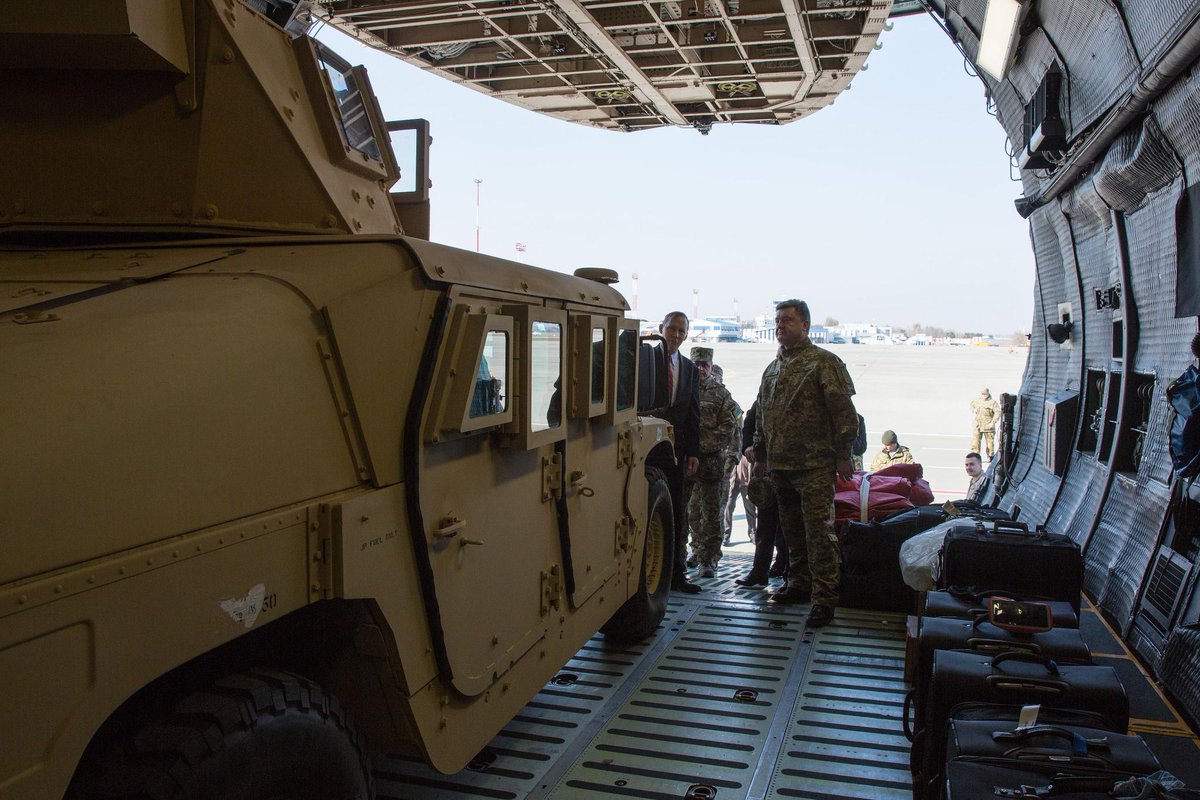Anoniem heeft een nieuwe reactie op je bericht "Robert Parry 25" achtergelaten:
Gerelateerd. The Economist has a funny sense of European values
It's officially a Proxi War now!
I wish to thank the US government for its unfailing position in resolving conflict in Donbas. https://www.flickr.com/photos/poroshenkopetro/sets/72157651150240888/ …




The Economist has a funny sense of European values
Bryan MacDonald is an Irish writer and commentator focusing on Russia and its hinterlands and international geo-politics. Follow him on Facebook
In the same week that The Economist lauded Ukraine's "commitment to European values," Kiev's current regime kicked out Euronews. Who do they think they are kidding?
Ah, The Economist. Without question, it’s is the best informed news magazine in the world… except on subjects I know something about. Take Ukraine for instance, throughout the country's current crisis, The Economist has been weaving a web of fantasy to its readers. The narrative has continuously blamed Russia for all Ukraine's misfortunes while painting its post-Maidan oligarchic rulers as being somewhere near God's right hand.
After wholeheartedly backing last year’s coup, the windy weekly has been unwilling to admit the severity of Kiev’s economic malaise. Instead, it has maintained the pretence that throwing money at its pro-NATO regime will solve all its problems. Anybody who knows the first thing about Ukraine acknowledges that the lion's share of the dough would be pilfered.
The problem is that a great number of the Western world’s most powerful people take The Economist seriously. The magazine appears both authoritative and credible, and never misses a chance to emphasize its own importance. However, this is “lipstick on a pig” territory. On subjects I’m reasonably informed about (Ireland, Europe, Britain, the ex-USSR for example), The Economist is more often wrong than right. Viewed through that prism, I’m extremely skeptical of the rag’s accuracy on topics I know little of.
In 2005, The Economist announced that Ireland had the highest quality of life in the world. I clearly remember reading the edition in downtown Dublin and that my first thought concerned the quality of the drugs the magazine’s editors were taking. Oddly, I'd penned a column a week earlier for the Ireland On Sunday newspaper predicting a deep recession for my homeland, which was rapidly losing its industrial base as credit-fuelled property madness raged.
Two years later, Ireland’s economy collapsed and a half decade of misery began. Incidentally, the periodical currently lists Melbourne as the best place to reside on earth. If you are in Melbourne right now, given The Economist’s track record, it’s probably best to emigrate before the inevitable happens.
Russia's strong, determined President
Guided by its pro-interventionist and pro-neo liberal principles, the weekly doesn’t restrict itself to making a dog’s dinner of fiscal forecasts. Indeed, it frequently enters the realm of geopolitics to tackle countries and governments that don’t conform to its worldview. Russia is a case in point. In the 90’s, when Russia was on its knees, The Economist couldn’t get enough of the place. In fact, it broadly welcomed Vladimir Putin’s election in 2000, calling him a “strong, determined man.” By 2002 it trumpeted that “relations between Russia and the West have (sic) rarely been better.”
Now, the same Vladimir Putin is The Economist’s public enemy Number 1 and Russia the re-incarnation of Hitler’s Germany. Moscow’s crime? Standing up for itself and rejecting the Western liberal consensus. Essentially, refusing to pauperize the country to suit a bunch of ideologues in London.
In order to wage its anti-Russia campaign, The Economist pretends to care about Ukraine. The London-based magazine is far from alone in this. Last weekend, it hailed Kiev’s commitment to European values.
“European values like free speech and a commitment to truth remain potent,” it boldly declared. The reason I keep writing ‘it’ is because the article was unsigned, written under the pseudonym ‘Charlemagne.’ The Economist’s journalists don’t sign their work, which is probably for the best considering the kind of rubbish they pen.
The Menace of cliques
The diatribe quotes a scaremongering report written by Peter Pomerantsev and Michael Weiss, two activists connected to the shadowy UAE-backed Legatum Institute. Legatum’s Director of Communications is the former Catholic Herald editor, Cristina Odone, who just happens to be married to Edward Lucas, a senior Editor at The Economist. Mr. Lucas has previously advocated the use of Brezhnev-era KGB methods against RT.
Repeating the canard of “lavishly financed Russian media," The Economist claims that “cash-strapped, fractious Europe will always struggle.” This is pure hokum. Only last month, Germany increased the budget of its Deutsche Welle news agency to $332 million. Meanwhile, BBC’s World Service has $406 million to splurge in 2015, and that's just for radio/web. Additionally, France 24 spends around $130 million annually. By what stretch of the imagination is European media financially struggling here?
Snooze and you lose Euronews
Nevertheless, in the same week that The Economist was promoting Ukraine’s adherence to “European values,” Kiev revoked the license for the Ukrainian version of Euronews, suddenly claiming the current arrangement was “disadvantageous”. Now, I can’t think of a less offensive outlet. Euronews is so bland, so insipid that you could leave it on at an Israeli-Palestinian arm wrestling extravaganza and nobody would object.
While a private company, Euronews has received significant funding from Brussels over the years and is widely perceived, rightly or wrongly, as EU TV. The Ukraine edition was previously owned by an Egyptian, Naguib Sawiris, but reports suggest that it’s now controlled by Dymtro Firtash, a Ukrainian oligarch and rival of fellow-billionaire, Petro Poroshenko. Some use the label 'pro-Russian' to describe Firtash, but I find that Ukraine's ultra-rich are usually just pro-themselves.
The Ukrainian President has his own TV network, Channel 5, and apparently objected to competition from Firtash, who he evidently sees as a threat. So, it looks like he used his political power to muffle the voice of Euronews. “European values,” how are you?
*An earlier version of this article erroneously spelled Cristina Odone's name as Christine. We apologize to Ms. Odone for the error.
The statements, views and opinions expressed in this column are solely those of the author and do not necessarily represent those of RT.
 Петро Порошенко
Петро Порошенко



Geen opmerkingen:
Een reactie posten